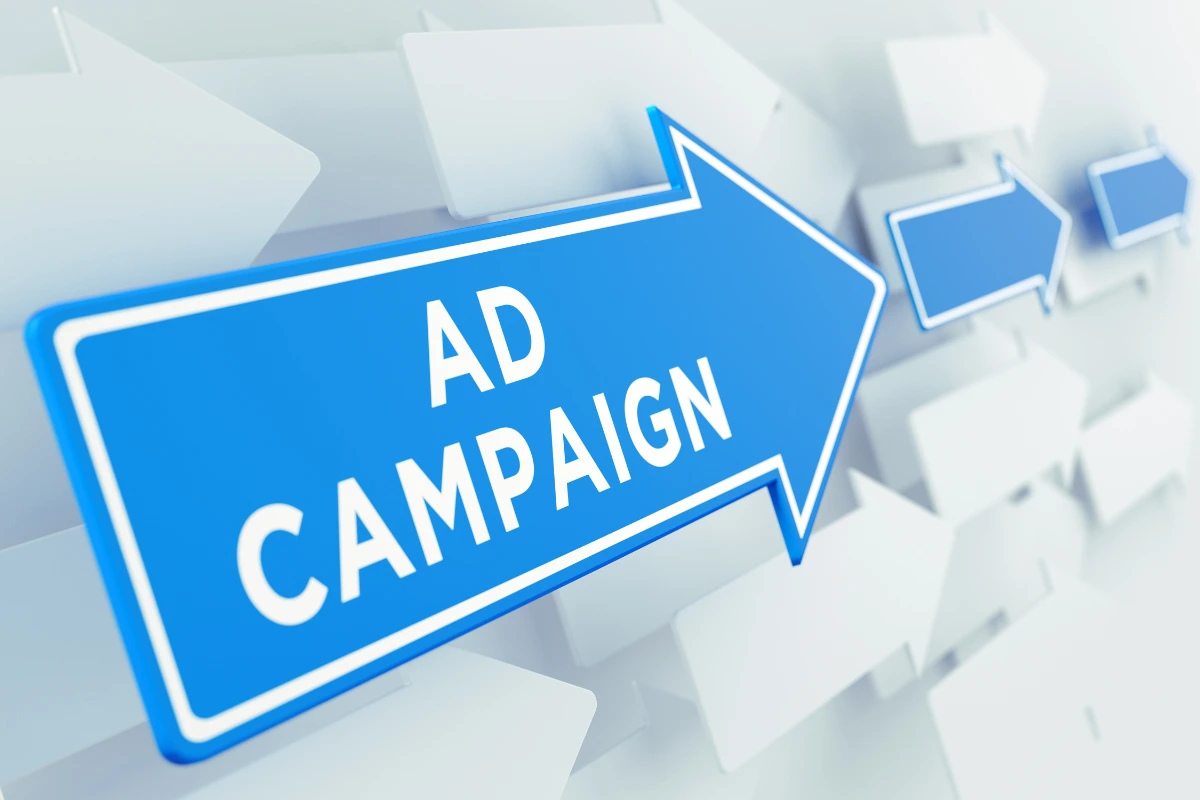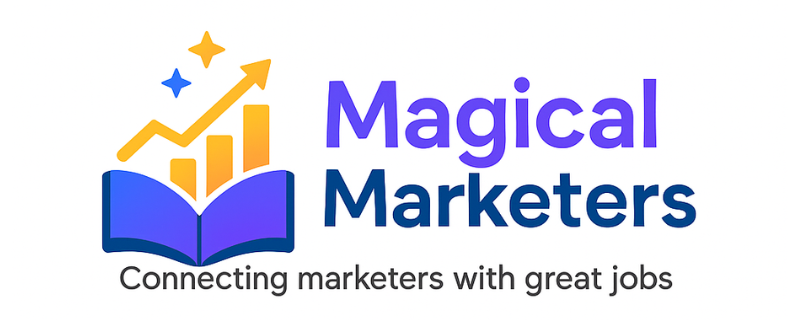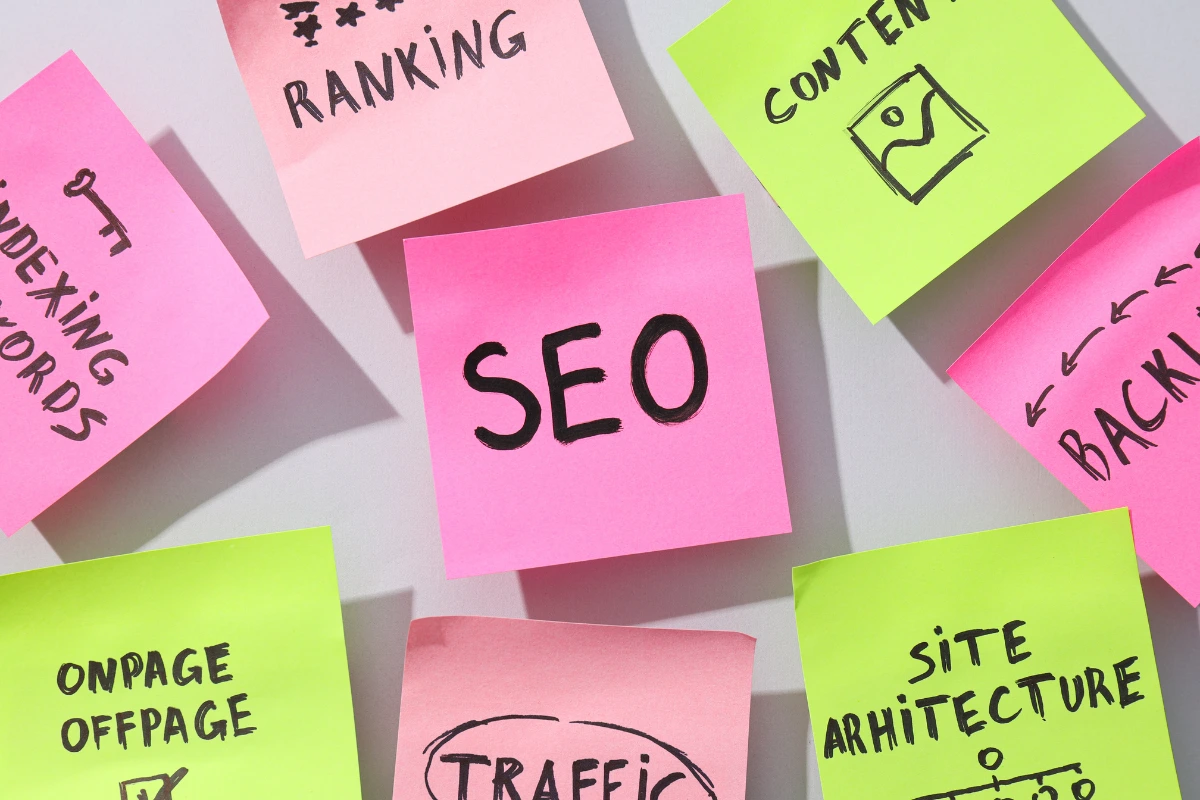This is How AI Is Changing PPC Reporting

Pay-Per-Click (PPC) advertising is an essential tool for driving results. However, managing PPC campaigns often comes with a significant amount of reporting, which can be both essential and frustrating. You need to keep clients engaged and informed about the results you’re driving, but the complexities of data discrepancies, cumbersome analysis, and time-consuming reporting can make this a challenging task.
Thankfully, Artificial Intelligence (AI) is now changing the game by streamlining PPC reporting and making it more efficient than ever before. In this article, we’ll explore how AI is transforming PPC reporting and helping you tackle the key challenges faced by marketers today.
Collecting Complete and High-Quality PPC Data
One of the first steps in any successful PPC campaign is gathering accurate, reliable data. Before AI, this was often a significant hurdle. Data from different platforms such as Google, Meta, Amazon, and Microsoft was often inconsistent, leading to challenges when it came to deciding where to allocate your advertising budgets.
Moreover, privacy regulations like GDPR and Apple’s iOS changes made it even harder to track conversions accurately. With the increasing number of restrictions on third-party cookie tracking and browser limitations, marketers saw a steady decline in the quality of their data.
However, AI is stepping in to resolve these issues and fill in the gaps left by these challenges. Here’s how:
Data Clean Rooms & Privacy-First Measurement
One of the most significant developments in data collection is the use of “data clean rooms.” These are secure environments where data can be analysed without breaching privacy laws.
Platforms such as Google Ads Data Hub and Amazon Marketing Cloud allow you to aggregate data from multiple sources, giving you a comprehensive view of the customer journey. This is especially helpful in cross-platform analysis, where you can assess how ads on Google and Facebook influence purchases on Amazon, for example.
While these clean rooms aren’t an AI innovation on their own, they do benefit from AI capabilities. For instance, Meta’s Advantage+ uses clean room insights to build lookalike audiences while maintaining privacy compliance.
Modeled Conversions
Privacy regulations and user opt-outs often leave gaps in data, making it challenging to track conversions accurately. AI-driven tools like Google’s Smart Bidding leverage modeled conversions to predict user journeys even when full tracking isn’t possible. These tools use machine learning to analyse user behaviour and predict the likelihood of conversion based on partial data. This helps fill the gaps and ensures that bidding strategies are optimised, even when data isn’t fully available.
Modeled conversions can’t guarantee 100% accuracy, but they provide a valuable estimate that can help make informed decisions. When combined with other tools like Media Mix Models (MMM) or incrementality tests, you can get a more accurate view of campaign performance.
Server-Side Tagging
Server-side tagging is another AI-powered solution to tackle data collection challenges. With server-side tagging, you can control data collection on your own servers, bypassing restrictions imposed by browsers like Safari’s Intelligent Tracking Prevention (ITP). This method ensures that even when cookies are declined, you can still collect high-quality anonymous data, which in turn feeds AI models for better conversion predictions and data-driven attribution.
For example, an ecommerce company that transitions to server-side tagging can retain valuable conversion data, even when JavaScript-based tracking fails due to browser restrictions. This enables more accurate bidding and ultimately boosts sales.
Actionable Tips:
- Implement GA4 Consent Mode and server-side tagging to maintain accurate performance data.
- Leverage data clean rooms to securely analyse cross-platform conversions.
- Use modeled conversions to fill in gaps where tracking is incomplete due to privacy restrictions.
Extract Data Insights and Make Smarter Decisions
Once you’ve gathered reliable data, the next challenge is analysing it effectively to extract actionable insights. Traditionally, marketers struggled with sifting through massive data sets and identifying key trends or anomalies. While statistical methods have been around for years, many marketing teams didn’t have the expertise to use them effectively, leading to missed opportunities or inefficient campaign strategies.
AI, however, has made data analysis faster and more efficient. Here’s how:
Data-Driven Attribution Models (DDA)
One of the key areas where AI is making a difference is in attribution modelling. Traditional, static models often assign equal value to all touchpoints in a consumer’s journey, which doesn’t accurately reflect the true impact of each interaction. Google’s Data-Driven Attribution (DDA) uses machine learning to analyse conversion paths and assigns credit to touchpoints based on how much they contributed to the final conversion.
DDA allows you to make smarter decisions by adjusting your bids and marketing strategies based on the actual performance of each channel. Unlike static models, DDA dynamically changes the attribution based on the user’s journey, allowing you to optimise campaigns more effectively.
Automating Auction Insights Visualisation
Another AI-powered solution is automating the visualisation of auction insights. Previously, manually downloading and visualising auction insights data from platforms like Google Ads was a tedious and time-consuming task. But with tools like GPT Operator, AI can now automate the process of transferring data, visualising it, and even generating reports. This reduces human error and speeds up the reporting process, giving you more time to focus on optimisation.
Advanced Statistical Analysis for Everyone
AI has also made advanced statistical analysis accessible to non-experts. In the past, performing complex tasks like seasonality decomposition or regression analysis required specialised software or data science knowledge. Today, with AI tools like GPT, even marketers without a technical background can conduct these analyses in a matter of minutes.
For example, by using GPT’s Advanced Data Analysis feature, you can upload your weekly Google Ads data, and AI will clean the data, identify issues, and break it down into trends, seasonal variations, and residual fluctuations. This helps you understand patterns and optimise your bidding strategies ahead of time, reducing manual work and increasing efficiency.
Example:
Using AI for seasonality analysis can significantly improve campaign performance. By identifying recurring trends, you can make data-driven decisions about when to adjust your bids or allocate more budget to specific periods, ensuring that you maximise your return on investment.
Communicate Results Effectively Across Teams
Once you have collected high-quality data and extracted meaningful insights, the final challenge is to communicate these results effectively to different stakeholders. Traditionally, this was a cumbersome process, as you had to tailor reports for various audiences – from executives needing high-level summaries to PPC specialists requiring detailed campaign data.
AI is revolutionising how you communicate PPC results by automating report generation and customising them for specific audiences. Here’s how:
LLM Report Summarisation
Large Language Models (LLMs) like ChatGPT, Claude, and Gemini can summarise reports and tailor them based on the needs of different stakeholders. You can use AI to generate an executive summary of the report, a detailed breakdown for PPC teams, and a more strategic overview for marketing managers. This helps save time and ensures that everyone gets the information they need in the format that works best for them.
Moreover, with tools like OpenAI’s custom GPT, you can train AI to remember client preferences, such as the level of technical jargon they prefer, their familiarity with PPC, and their specific strategic objectives. This ensures that every report resonates with the reader and explains how the campaign’s results align with their business goals.
Interactive Dashboards for Real-Time Transparency
AI-powered interactive dashboards are also transforming how results are shared. These dashboards allow stakeholders to explore campaign performance in real time by filtering through different metrics, platforms, or time periods. This reduces the need for frequent manual report updates and increases transparency.
For example, platforms like Google Ads and Amazon Marketing Cloud allow marketers to generate SQL queries using natural language, enabling you to explore data in a more intuitive and accessible way. This makes it easier for non-technical stakeholders to understand campaign performance and make informed decisions.
Example:
AI-driven dashboards provide real-time updates on key performance indicators (KPIs), allowing you to communicate insights faster and more effectively to your team. This ensures that everyone is on the same page and can take action immediately if adjustments are needed.
Conclusion
AI is revolutionising PPC reporting by automating time-consuming tasks, improving data accuracy, and enhancing decision-making. By leveraging AI, you can collect high-quality data, analyse it efficiently, and communicate results effectively, all while saving time and reducing human error.
Whether it’s using data clean rooms, automating auction insights, or generating tailored reports, AI is empowering marketers to optimise their PPC campaigns and drive better results. As AI technology continues to evolve, its role in PPC reporting will only become more crucial, helping you stay ahead in an increasingly competitive digital landscape.
Calling all Marketers!
🔴 Are you tired of searching for the perfect job?
Whether you're into content writing, SEO, social media, graphic design, or video editing—full-time, freelance, remote, or onsite—we've got your back!
👉 We post over 30 job opportunities every single day. Yes, every day (all verified).
Join the most reliable and fastest-growing community out there! ❤️
And guess what? It’s FREE 🤑
✅ Join our WhatsApp Group (Click Here) and Telegram Channel (Click Here) today for instant updates.







